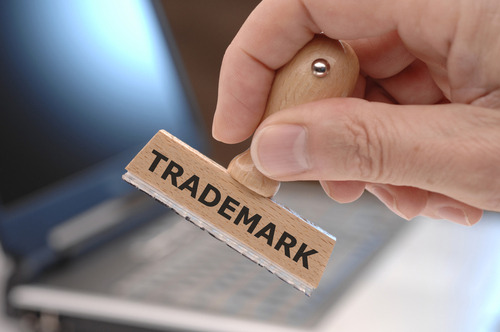There is a tendency for new businesses to adopt trademarks which describe or allude to the goods or services which that business provides. This picture is complicated further when these descriptive elements are perhaps more colloquial in nature, having become associated with certain goods or services in the public eye as result of previous use. For example, the connotations of technology connected with ‘i’, and auction sites with ‘BAY’, have created challenging environments for businesses looking to launch competitive products.
Trademark law
Asserting unregistered trademarks rights is, though possible, inherently more difficult than relying on registered marks – particularly for businesses that are just starting out and so have yet to generate significant reputation. A registered trademark provides its owner with a statutory right to use that mark in connection with the registered classes of goods or services, in the chosen geographic region covered by the registration and for a default period of ten years, renewable indefinitely.
UK and European trademark legislation essentially adopts a three-layered approach to protection. The first tier makes it an infringement for others to use an identical mark in relation to identical goods and services. The second protects against others’ use of an identical or similar mark in relation to identical or similar goods or services where there is a likelihood of confusion. The third offers protection, against use which takes unfair advantage of, or is detrimental to, the distinctive character or reputation of a registered mark which has a strong reputation.
Strategic ‘buffers’
The difficulties of course arise in evaluating what constitutes ‘identical’ or ‘similar’ marks or services in the context of a purported trade mark infringement. A number of recent cases show the way in which individual elements of a well-known mark can be asserted as ‘buffers’ around key brand names.
Facebook recently flexed its muscles in this way by confronting a little-known video hosting website for buskers, Facebusks, with the threat of legal proceedings unless the small start-up ceased in its use of the ‘FACE’ element of the company’s registered mark. Facebook has still yet to comment on the matter and, whatever the legal position, it obviously has a great deal more resources to pursue any claim.
Similarly King, the owners of ‘Candy Crush Saga’, have taken this ‘buffer’ strategy one step further by expressly seeking to register parts of its brand, namely ‘CANDY’ and ‘SAGA’, as stand-alone marks. Such strategic manoeuvring has not gone unnoticed and has attracted some very negative press coverage from the IGDA in the US and earlier this year, abandoned its application for the word ‘CANDY’.
Some practical tips…
It might seem that trademarks are more complicated than they are worth, and that choosing a brand is a legal minefield. However, provided some thought is given to the issue early, then there should be room for everyone in the market. Here are some practical pointers for every business to bear in mind:
- If a mark is in use and is valued by the business, then take steps to register and protect it. Remember, there is no requirement for a mark to be new for it to be registered.
- Whilst it may be tempting, avoid ‘piggy backing’ on existing, or parts of existing, trade marks by incorporating them into your own mark. Being forced to re-brand is costly in time and fees and infringement proceedings could be more costly still.
- Consider seeking specialist IP advice from a trade mark attorney or IP lawyer.
Tom Lingard is a partner at law firm Stevens & Bolton.





